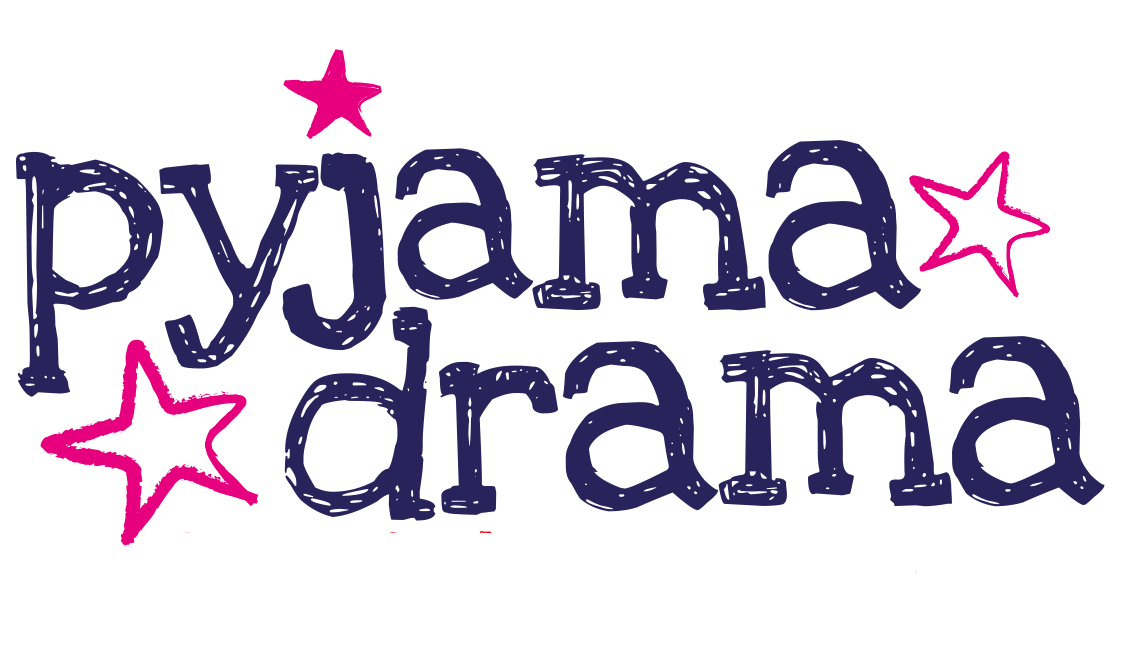Not all adults who work with children know how to play – do you agree? I believe that just as every child knows how to play, every adult (given that they too were once a child!) also knows. But, in part because the word ‘play’ is associated with children, all too often play breaks down because adults feel self-conscious, particularly when asked to engage children in imaginative play (which by its nature, dictates that we throw off our adult persona completely).
Imaginative play means throwing yourself into make-believe worlds, pulling funny faces, using different voices, and giving yourself permission to have fun. It means shedding the worries of everyday life and embracing the child in you who would have once thrown yourself into every opportunity to play and have fun. And maybe most importantly for those of us who work in childcare, it means knowing it’s OK to look or sound ‘silly’.
When I taught my first Pyjama Drama class back in 2005, I was terrified of what the other parents would think of me and would spend days after a class, reliving the ‘embarrassing’ things I’d said to a child or analysing the expression on a parent's face.
Seventeen years later and I am so much more confident, but at the beginning, my self-consciousness was so great that I seriously considered quitting several times. And it took a long time before I was totally comfortable being playful and ‘silly’ when other adults were in the room.
How do you feel about play? Are you as playful as you were when you were a child or does self-consciousness get in the way?
Perhaps you’re more comfortable with certain types of play than others?
If building your confidence around play is something you recognise as important, check out our award-winning drama and imaginative play training and resources. All our training is created with the non-drama specialist in mind, and for those who are lacking in confidence or even those who would consider themselves naturally shy.
Whatever you do today, have fun!



